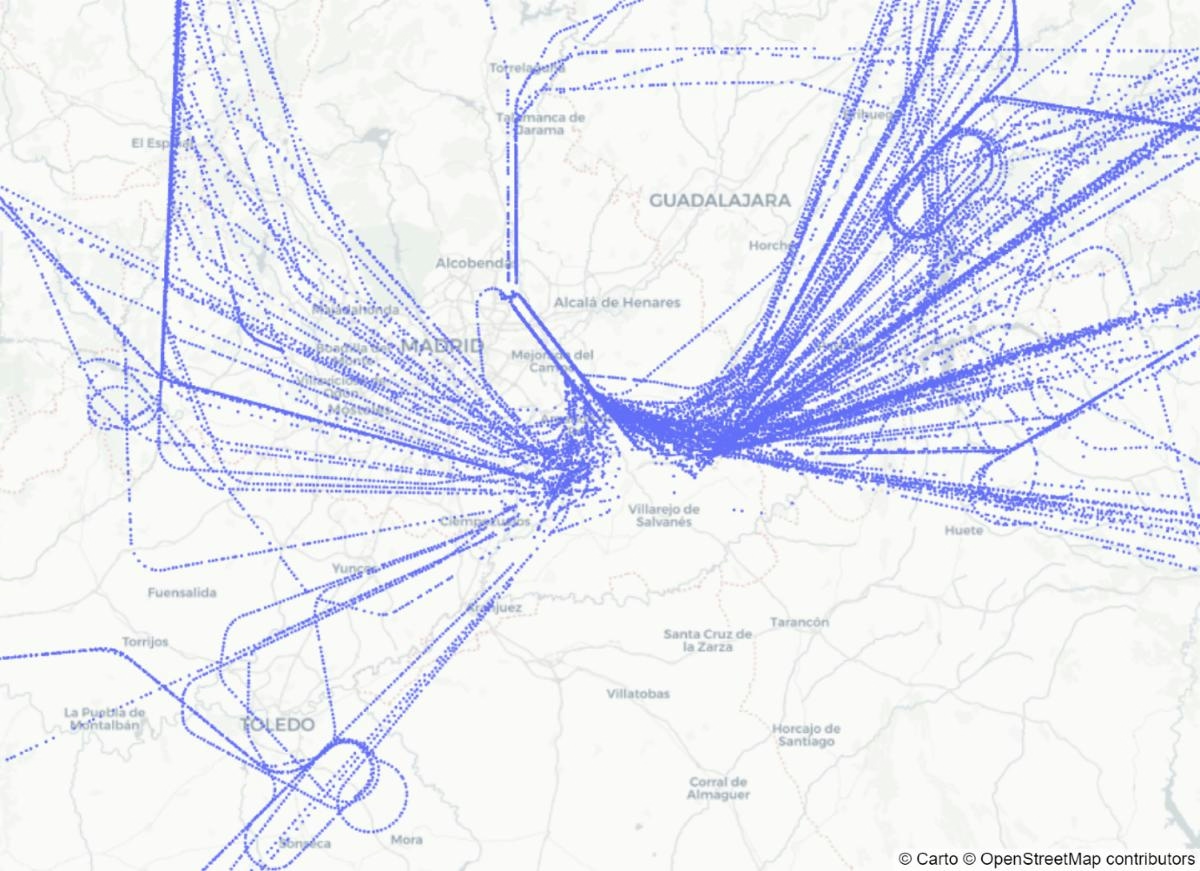AeroGenie — Your Intelligent Copilot.
Trending
Categories
How Machine Learning Is Making Airports Safer and More Efficient

How Machine Learning Is Making Airports Safer and More Efficient
A series of high-profile aviation incidents over the past year has intensified global scrutiny on the safety and efficiency of air travel. Airlines, manufacturers, and regulatory bodies face increasing pressure to implement faster, safer, and more intelligent solutions for commercial aviation. In this context, artificial intelligence (AI) and machine learning have emerged as pivotal technologies, poised to transform both passenger experiences and operational workflows across the industry.
AI’s impact has already been felt across various sectors, from manufacturing to customer service, and aviation is rapidly following suit. Many airlines now utilize AI to streamline customer interactions, optimize flight scheduling, and enhance the overall passenger journey. Industry experts anticipate that machine learning will fundamentally reshape airport operations and aircraft management worldwide in the coming years.
Enhancing Security and Passenger Screening
Security screening remains one of the most critical—and often challenging—aspects of air travel. Traditional screening methods rely heavily on human agents to interpret X-ray images, monitor scanners, and make judgment calls regarding potential threats. This manual dependence can result in errors, allowing prohibited items to pass undetected or causing unnecessary delays for innocent passengers, which in turn leads to longer queues and missed flights.
Machine learning is already making a significant difference in this domain. AI-powered systems can analyze baggage scans and passenger data with greater speed and accuracy than human operators, reducing false alarms and improving threat detection rates. A December 2024 report from the U.S. Transportation Security Administration (TSA) highlights that AI has become integral to daily security operations, helping to safeguard transportation networks while facilitating the smooth movement of people and goods. These technologies are designed to enhance security measures while respecting passenger privacy, striking a delicate balance between safety and convenience.
Addressing Data and Industry Challenges
Despite these technological advances, the aviation sector faces considerable challenges in fully harnessing AI’s potential. Legacy systems and outdated data infrastructures often limit the effectiveness of new AI applications. Additionally, concerns over data privacy and accessibility persist, as evidenced by recent actions from companies like Cloudflare to block AI crawlers, which can impede the adoption of AI-driven solutions.
In response, the industry is intensifying investments in AI to address labor shortages and strengthen cybersecurity defenses. Airlines and manufacturers are increasingly leveraging AI-powered data analytics to improve operational efficiency and deliver more personalized customer experiences. A joint report by Skift Research and McKinsey & Company underscores that these AI-driven strategies are becoming essential for maintaining competitiveness in a rapidly evolving market.
Looking Forward
As AI and machine learning technologies continue to evolve, their influence on aviation is expected to grow substantially. From more intelligent security screening to streamlined operations and enhanced customer service, these innovations hold the promise of making airports safer and more efficient for all stakeholders. However, realizing this potential will require overcoming persistent data challenges and ensuring that privacy and security remain central to ongoing technological advancements.

Emirates Unveils Cabin Design for New Boeing 777X

Eighteen Years On, the Airbus A380 Remains Central to a $34 Billion Airline

How a boom in luxury airline seats is slowing down jet deliveries

Navitaire Outage Attributed to Planned Maintenance

DigiYatra Debuts Outside Aviation at India AI Impact Summit

Vietnam Orders Strengthen Boeing’s Commercial Outlook

Airbus Signals Uncertainty Over Future A400M Orders

JobsOhio Awards $2 Million Grant to Hartzell Propeller for Innovation Center

Collins Aerospace Tests Sidekick Autonomy Software on YFQ-42A for U.S. Air Force CCA Program

How the Airbus A350-1000 Compares to the Boeing 777
